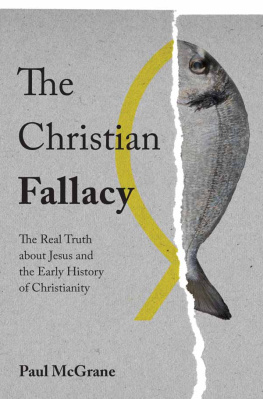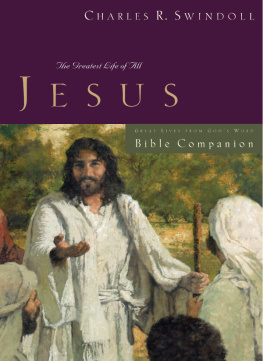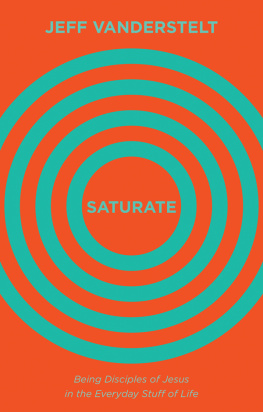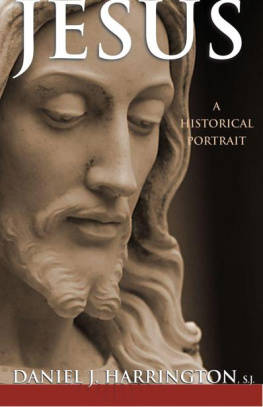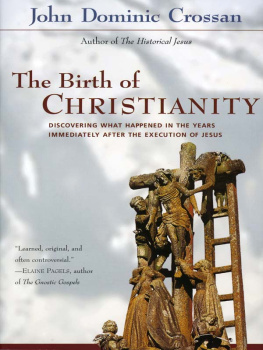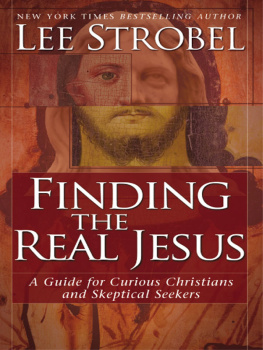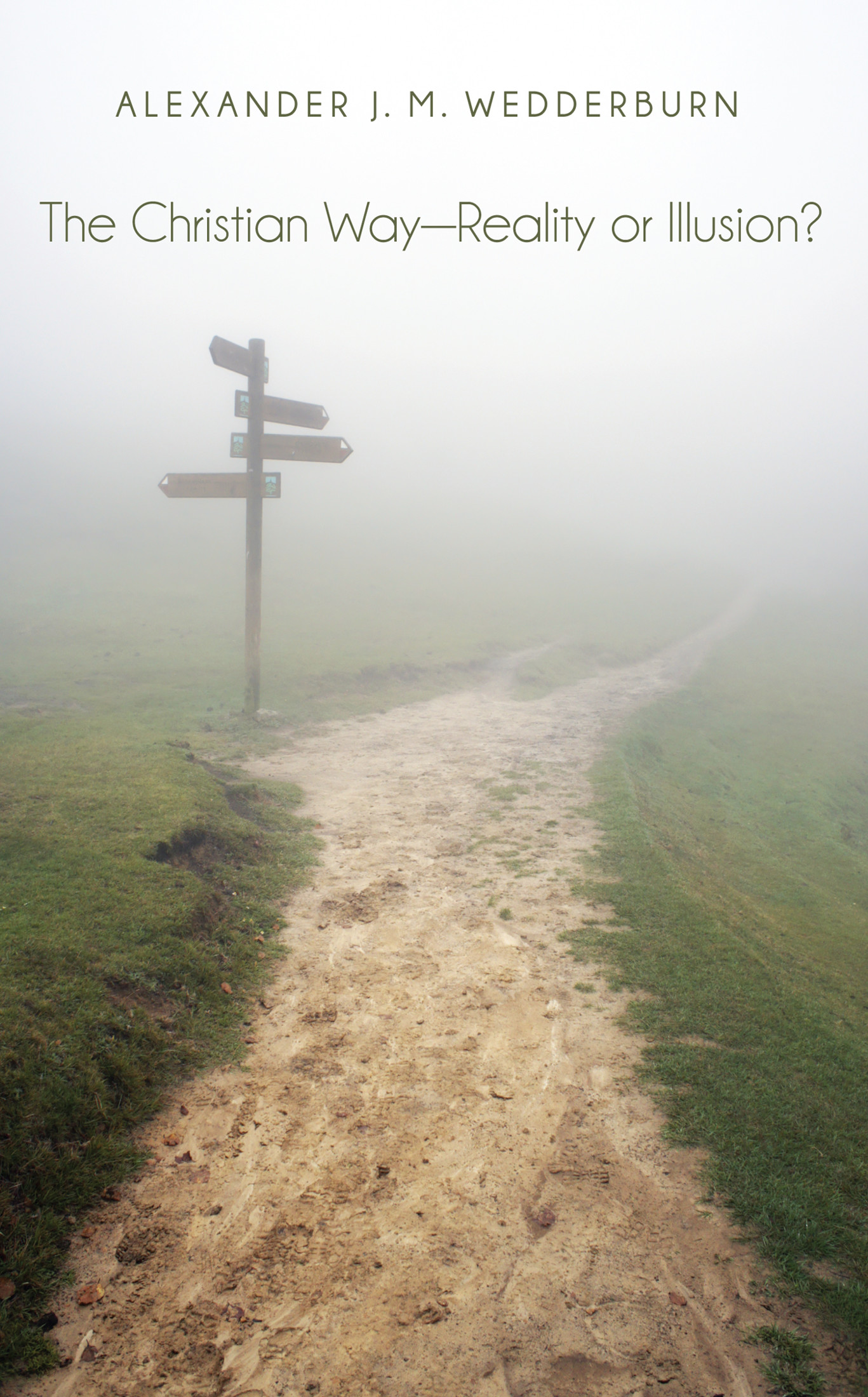Alexander J. M. Wedderburn
In Quest of Reality
Reality is a somewhat elusive term. For a start, that elusiveness is not helped by the way in which real and unreal are used in more or less clearly subjective senses. The statement that the experience was very real to me more or less gives itself away by the superlative. On the other hand, there are experiences that may seem unreal, but are in fact real, as in the case of many natural wonders: a sunset may seem as if it could have been painted by someone, or the plumage of a bird may be so exotic, as in the case of a bird of paradise, that one could think that some human hand had stuck those splendid feathers on. Very real experiences of the sort alluded to above make us ready to make confident assertions about them, and what we have experienced is then, for us, real, reality. And often we may be right to claim that, but at other times we may be mistaken, not about our feeling of certainty or conviction that something is the case, but mistaken about the truth of what we assert to be true. The truth may then dawn (I could have sworn that X, I was sure that Y, or the like), but sometimes it may not.
Again, modern media have clouded the issue with talk of reality television and virtual reality. The former actually often or usually involves situations that are unreal in the sense of being artificial or contrived, recalling animals on display in a zoo or performing in a circus, except that the participants are conscious human beings who are allowing themselves to be put in the situation in question (and being paid for it). The reality involved is thus in some considerable measure unreal. The latter expression covers thoroughly pragmatic and beneficial uses of media technology in training programs such as flight simulation for pilots, but also the use of the expression for such technologies employed in the service of computer games and the like, where the reality involved may seem very real, but where the experience involved is of more questionable benefit. This is particularly the case when the distinction between the virtual and the real is blurred or when the virtual even becomes more real than the real world for the person concerned.
Yet there is, too, a sense in which we subjectively have confidence that we are in fact dealing with what is real, and correspondingly the language of reality may be used in a more objective sense, particularly of things in the present, and especially when our experience of these things is shared and corroborated by others. Of things in the past, on the other hand, it is better to speak of what is more or less probable or, at best, beyond all reasonable doubt. In the present, however, some things seem to be certaintiesthat it is daytime (at least where we are located on the globe), that it is cloudy or rainy (unless we happen to be in the make-believe world of a cinema set), that we live in a town or the country (unless we find ourselves on the outermost edge of an urban sprawl in which the distinction can get blurred). Such things are, at any rate, pretty tangible or recognizable by the senses and are inter-personal in the sense that we find others who share them and confirm them.
It is true that there are problems in linking reality with the experiences of our senses. In the history of philosophy there are those who have preferred the trustworthiness of the immediate experiences of our senses and have reduced reality to a world of sense-data. Today the opposite is more often the case in that physicists have taught us to regard seemingly solid objects as in fact made up of myriads of forces and particles that are not detectable to the senses left to their own resources. Nonetheless, that has not prevented most of us from treating the objects that we see and touch as in varying degrees solid, so that we are often prepared to commit our weight and our lives to them. We are, in short, prepared to treat them as part of the real world in which we live.
It is, however, altogether another matter when we come to talk of what is sometimes referred to as the world of the spirit or of spiritual things, and at first sight that is the case when we come to speak of the Christian church and the Christian faith. Nonetheless, it is an undeniable reality that there exists in the world a great number of persons and groups that claim to belong to the Christian church. Their existence and presence seems tangible enough, whether they mark their presence with imposing or not-so-imposing buildings or advertise themselves and their existence less obviously. Sometimes they will make their claim to do so in an inclusive way, not wishing to deny the claims of other persons and groups also to belong to this church. Others will be more exclusive in their claim, maintaining that either they alone or perhaps also a few others from this great mass of claimants really belong to the church. And for the most part even those broadest in their tolerance of the claims of others will probably place a question-mark against a number of groups, often labeling them as sects, perhaps particularly in the case of some groups that most hotly claim that they are the true followers of God and Jesus. Or there are some groups, such as the Quakers, that are no longer agreed amongst themselves whether they belong to the Christian church or not (there are often evidently enough who say that they do for them to be represented in some way or other in Christian ecumenical institutions and councils).
The existence of this institution, the Christian church, and these groups that go to make it up, is a reality, a sociological entity whose existence few would question, however much they may argue about what makes it or them tick and even more about its or their right to exist. And it is here that a far more difficult and contentious question about reality emerges: does this entity point to a reality lying beyond itself, so that its existence is the product of, and a testimony to, that reality? In other words, whereas one can in one sense speak of the Christian church as undeniably a reality, there is the further question whether, if the deeper reality to which it claims to point should be, in fact, illusory, the historical and social reality of the Christian church is a deception. For it founds its existence on certain claims, not just on the sheer fact that it exists. But, if these claims should prove unfounded, does that mean that its members are mistaken or deluded? And that is a question that can be posed, not just in relation to the institution as a whole, but also with regard to a whole series of rites and beliefs that give the Christian church its shape and form and the Christian faith its content. So, for some critics, Christianity seems to belong to the world of make-believe, a set of stories permeated with magical acts and strange powers like so many fairy-stories. It might be likened to a tantalizingly deceptive mirage in the midst of the spiritual desert that is our world.
Now I have chosen to pose the question reality or illusion? in terms of the Christian way, the life of faith lived in many different ways by members of the Christian church. With regard to this way it is appropriate and in keeping with this image of a way to ask about its goal and whether that goal is real or illusory. That is naturally a question that arises for many in relation to an afterlife, a life beyond this world and the grave, but it is also a question posed when one speaks of God or the heavenly Christ as that goal. Yet the afterlife, God, and Christ as a heavenly person are all alike shrouded in mystery, and the reality of the Christian way seems to elude us if we attempt a definition of the goal of the Christian way in these terms alone. Or can the way and its goal, which provides the travellers on it with their orientation, be defined in ways that are more tangible and not so inscrutable? I avoid introducing such terms as Bonhoeffers religionless Christianity or the now more common secular Christianity here, in part because of the suspicion that the use of such labels may hinder the careful analysis of exactly what is being said on each occasion, in part because the latter term in particular seems to cover a wide field of views. For a start, if Christianity lets itself be guided and shaped by Jesus and his teaching, albeit critically evaluated, then this is not the same as appealing to generally recognized norms and criteria (if there are such and if that is what secular could be supposed to mean), even if the source of this guidance is this-worldly.


